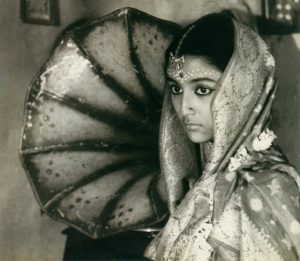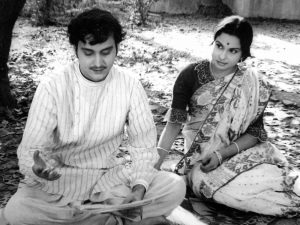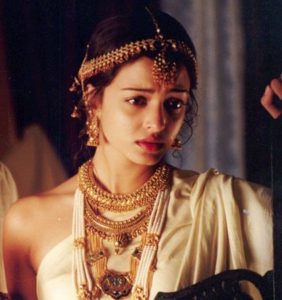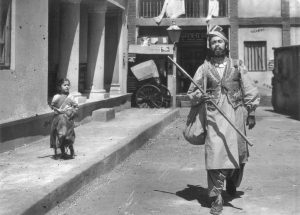A meaty party of the South Asian literature is owed to Rabindranath Tagore’s contribution. Tagore hailing from an erudite Bengali family of Kolkata is the first Nobel Laureate from India having a finesse as a musician, a song-writer, an author, a poet and as an artist. He is associated with the birth of national anthems for two nations (India and Bangladesh) and an inspiration of the same for another country (Sri Lanka). He had an aversion to traditional classroom education, which led him to breed himself through unconventional teaching environment and eventually started the very prestigious Viswa Bharati University that still carries on his legacy.
His eminence has been deeply ingrained over time with his works getting consistent accolades and reverence even today. Having written over some rough three thousand songs, numerous short stories, poems and novels, Indian literature and art is starkly incomplete without mentioning his works.
On his 158th birthday anniversary this year, this article basks in the glory of Tagore’s most acclaimed works that has been adapted to movies and series through all these years.
Teen Kanya
Satyajit Ray have had a greater part of his cinematic directions on Tagore’s works. ‘Teen Kanya’ is an anthology of three stories, ‘The Postmaster’, ‘Monihara: The Lost Jewels’ and ‘Samapti: The Conclusion’.
You can’t miss the feminine sensibilities etched poignantly through the three women in the respective stories dealing with heartbreak, obsession and maturity.
My personal favorite is Mrinmoyee grappling and evolving from her childhood days spent climbing trees and womanhood where she is infatuated by her husband.
Charulata
Wife to an aristocratic, intellectual Bengali man who runs a publishing house (Bhupati) Charulata is a music enthusiast with an unacknowledged inclination for writing. Things turn complicated when she finds herself getting drawn to her brother-in-law in ways she can’t grasp. Not an idyllic, stay-at-home housewife, Tagore brings to us a woman trying to come to terms with her unresolved feelings and insecurities.
Ghare Baire
A love triangle among a revolutionist (Sandip), a Bengali nobel (Nikhilesh) and his wife (Bimala). Time and again, Rabindranath Tagore has been soundly feminist in his attitude towards woman, he gives his women characters the freedom to think and choose on their own while projecting his own liberal outlook through his male characters. Here too Bimala goes about to choose her partner and the very upright Nikhilesh claims that a woman can have a life outside of the marriage too, a very unconventional stance for the time this was written in.
Chokher Bali
An honest portrayal of love, deceit, friendship and betrayal through four characters whose lives have been connected in ways that can’t be undone. Crafted and directed by Rituporno Ghosh, this movie does enough justice to the original work.
Kabuliwala
Kabuliwala has been a textbook read for most of the schools in India and it will be immortal for sketching out a father grappling with the reality of his daughter growing up and having to wed her off to someplace far. Kabuliwala forms a friendship with five year old Mini through childish jokes and free raisins but some unforeseen events lead to the strain of their friendship.
Directed by Hemen Gupta, this movie is a must watch.
Stories by Ranbindranath Tagore
Primarily a series anthologizing his works, Anurag Basu creates a magical thread weaving one story after another. For anyone wanting to watch Rabindranath’s works through known faces, Netflix offers this series for a binge on his birthday. Should not be a miss.

